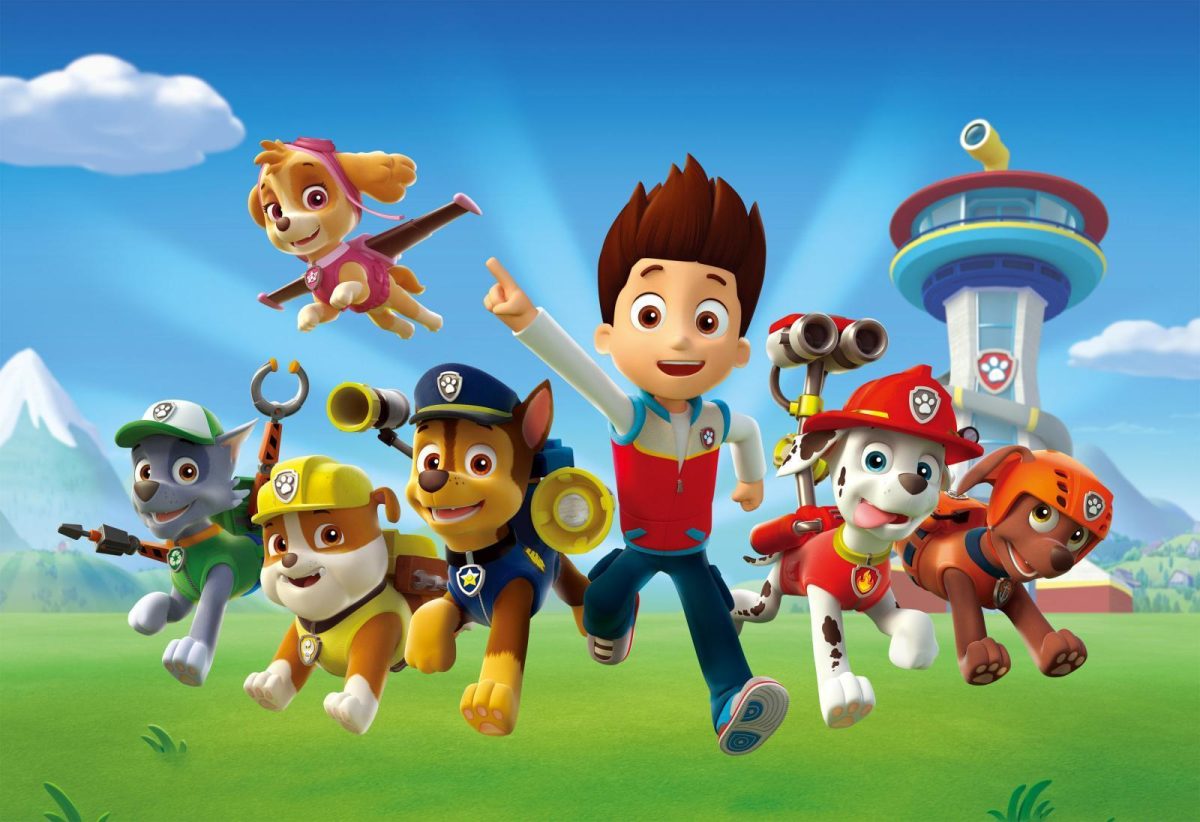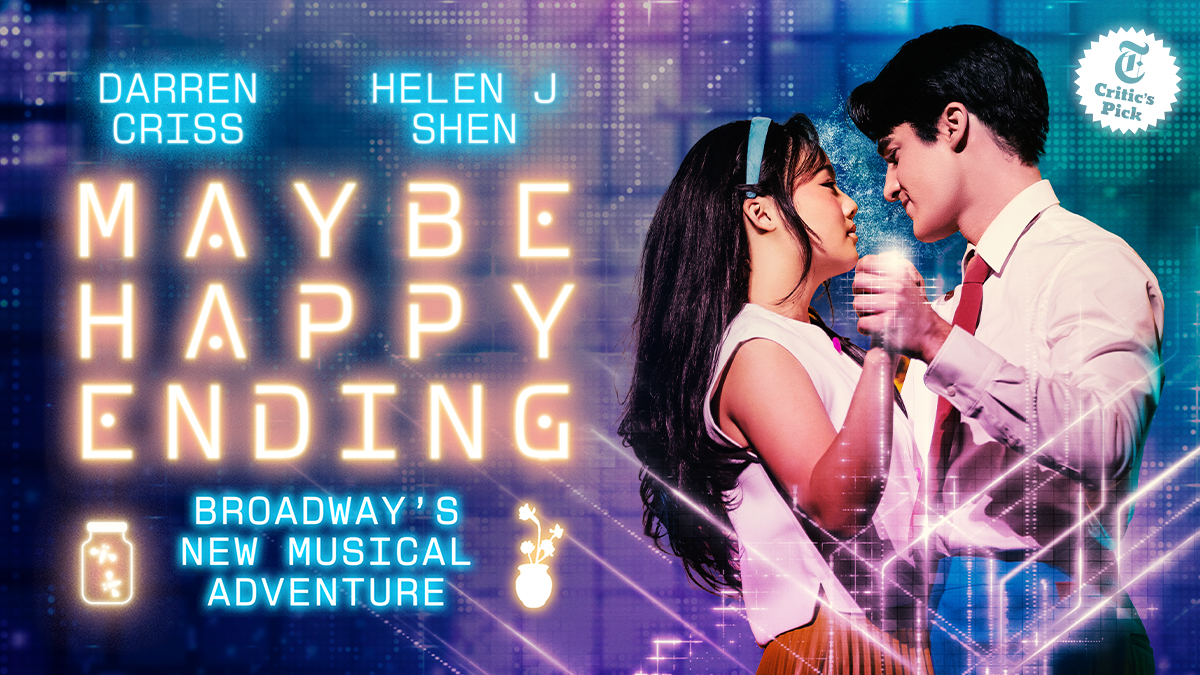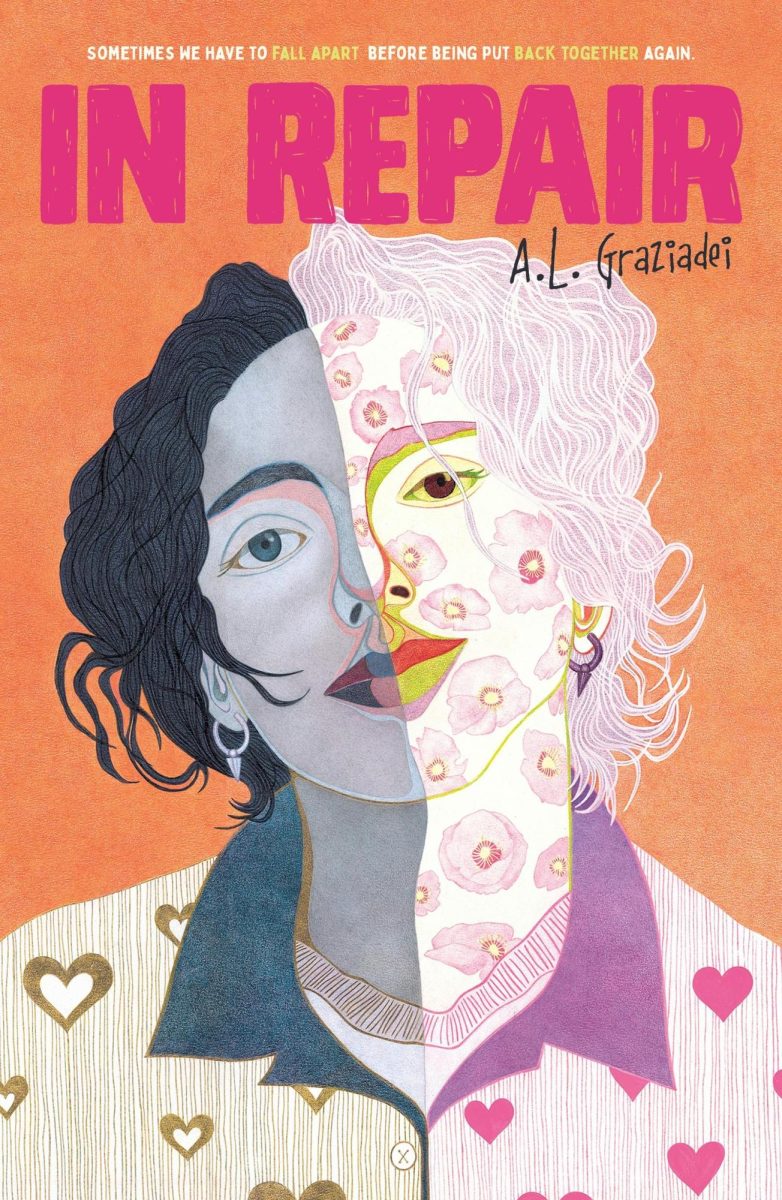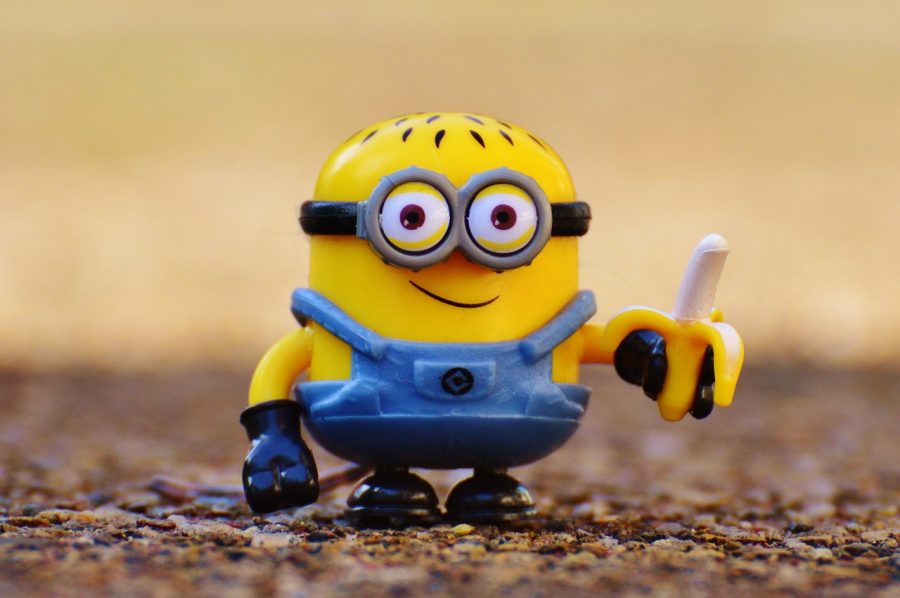By Caroline Hong
Pride and Prejudice by Jane Austen
No classics recommendation is complete without some Jane Austen.Is she over-recommended? Uh, no, because she is just that good. Even though she wrote her stuff a handful of decades before Dickens, her prose is markedly easier to read. So if you think you don’t have the chops to read Austen Awesomeness, think again. Of course, the recommendation is her Pride and Prejudice. Rumor has it that you can’t really turn twenty-one without reading it first, so I suggest picking it up if you don’t want to turn into some Benjamin Button.
The work is a romance novel, filled with really decorous banter (you can’t tell she one-upped him until much later) and some fresh, heartfelt moments. The Mr. Darcy you randomly hear mentioned is from this book—the mysterious type you may find interesting. Spoiler: He doesn’t stay that way the entire book, sorry.
Even if you aren’t much of a romance person, reading it just to learn Austen’s style can prove to be quite revealing. What is all the hype about, anyway? How does someone with the language set of her time manage to write something that can engage someone who is reading a little over two centuries after the book’s publication? I’ll get you started on the first line: “It is a truth universally acknowledged, that a single man in possession of a good fortune, must be in want of a wife.” What a statement! I bet you just want to read on and get that quote on a t-shirt or something. If that’s not interesting enough to get you hooked, Lizzy Bennet, the main character, has a father who is hilarious. He makes his appearance in the first few pages. Keep an eye out for the humorous parts!
After reading: Go on YouTube and watch an amazingly well-done web series based on Pride and Prejudice and set in modern times called “The Lizzie Bennet Diaries”. There are also Twitter accounts to go along with the characters. Spoiler: Mr. Bingley is morphed into the cleverly named Bing Lee.
The Awakening by Kate Chopin
This next recommendation is not really a Pride and Prejudice. For one thing, it’s much shorter, but I find that less extensive works often require the reader to pay more attention, and this applies to The Awakening.
Said to be a landmark bit of early feminism, the novel features a main character who struggles to deal with her desires and her societal expectations. I recommend it because I truly marvel at how much the author can squeeze into one tiny little work. The work’s portrayal of the main character, Edna Pontellier (try and say that with a French accent), is stark but completely honest. Such a declaration of human tendency may have been anathema in 1899 when Chopin published The Awakening, but reading it now in the 21st century can shed light on the time period and the precedent Chopin was setting.
Riveted by her every move until the end, I found myself as moved and conflicted as Edna was. Because of the evolved usage and syntax throughout the years, you may think that the language “barrier” prevents readers from feeling anything, but if Pride and Prejudice wasn’t enough to invalidate that assumption, The Awakening should set you straight.
After reading, do a little research about Kate Chopin. Besides having really complicated up-dos (for you people who only know what un-do means, not up-do, an up-do is style when your hair is up), Chopin had many influences on her writing—her experiences and her admirations. Perhaps after a little Googling, you’ll find yourself waist-deep in her short stories.
Lolita by Vladimir Nabokov
I sort of saved the best for last. And you may be surprised initially that I say this about Lolita, given the highly sensitive topic it deals with–pedophilia. But I still stand by my opinion, and I am pretty sure you will agree with me after you’ve read it yourself.
Lolita by Vladimir Nabokov (he has such a good name, I know) exemplifies the immense power of language an author can wield. You could argue that Nabokov, as someone who became trilingual at a very young age, is inherently good with language. If I had the persuasion skills of Nabokov, I could probably convince you otherwise with a sentence containing words from only the first ten pages of the dictionary. (Sadly, I am not Nabokov, and I would have trouble formulating good arguments even if I had the most comprehensive vocabulary in my head.) But back to the book. Nabokov utilizes this sort of intimate diction that demands sympathy. You’ll find yourself feeling compassion instead of repulsion, and when you do, please stop where you are in the novel (because I bet you will not be done reading when your emotions hit you) and physically clap for Nabokov.
If you feel nothing by the end of the book…I don’t know what sort of magic you’ve been reading that has desensitized you to genius. (In other words, if you’ve read something more moving, please make recommendations to me in return.) Nabokov is amazing. He employs such artistry with Lolita, the kind that makes it really hard to look at the book as just fiction.
When you’re done, you will realize just how many of the novel’s nooks and crannies you didn’t have a chance to examine, things possibly smack in front of your eyes. So, guess what? Reread. (And then come find me and tell me how amazing it was. I will feel smug.)
After reading, just think over the greatness you’ve just read. Don’t stand up. You may be literally blown away. So be figuratively blown away instead. Swish, swish goes your figurative hair on your figurative face. Figurative hair-tie, anyone?












